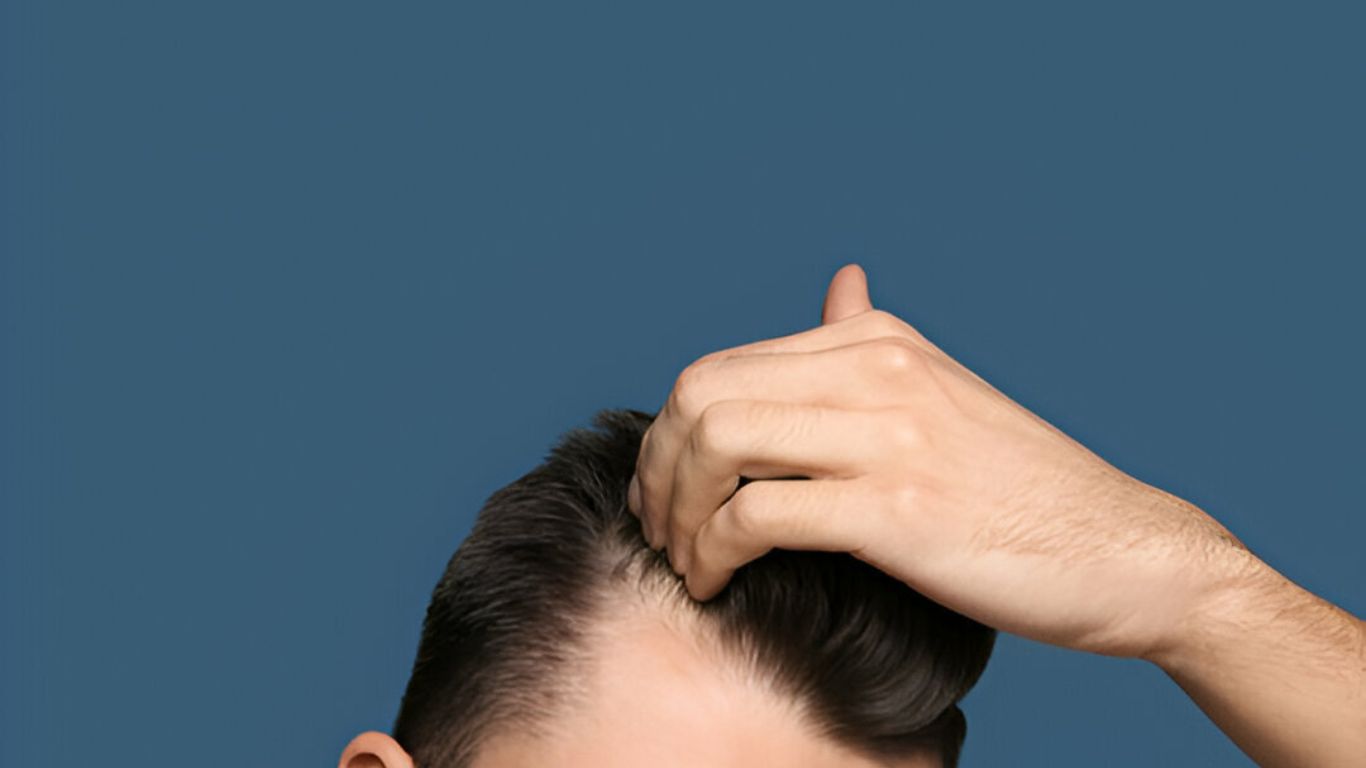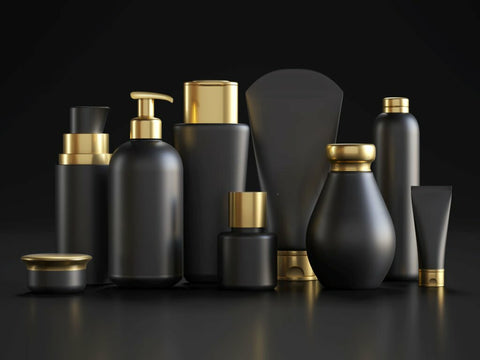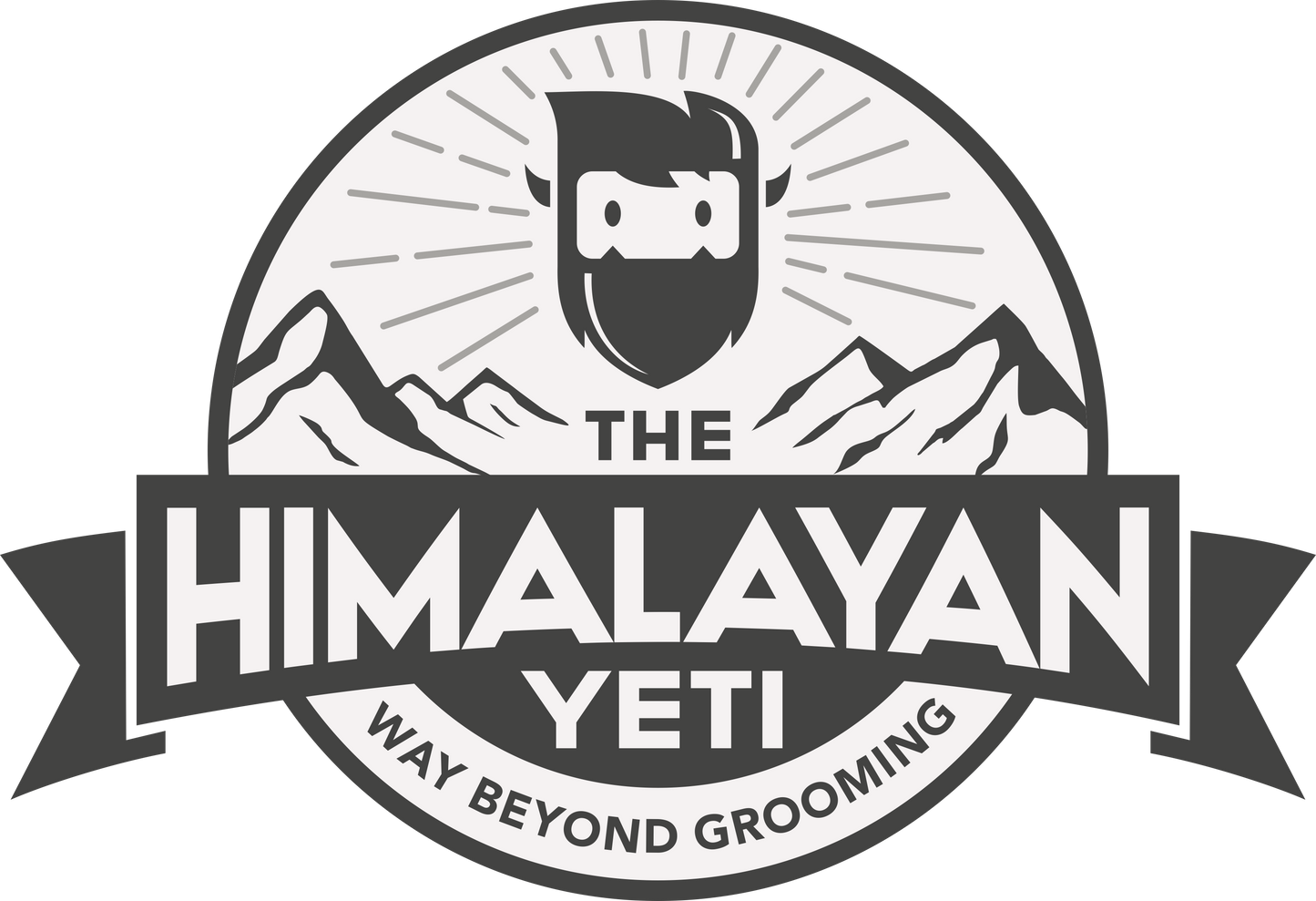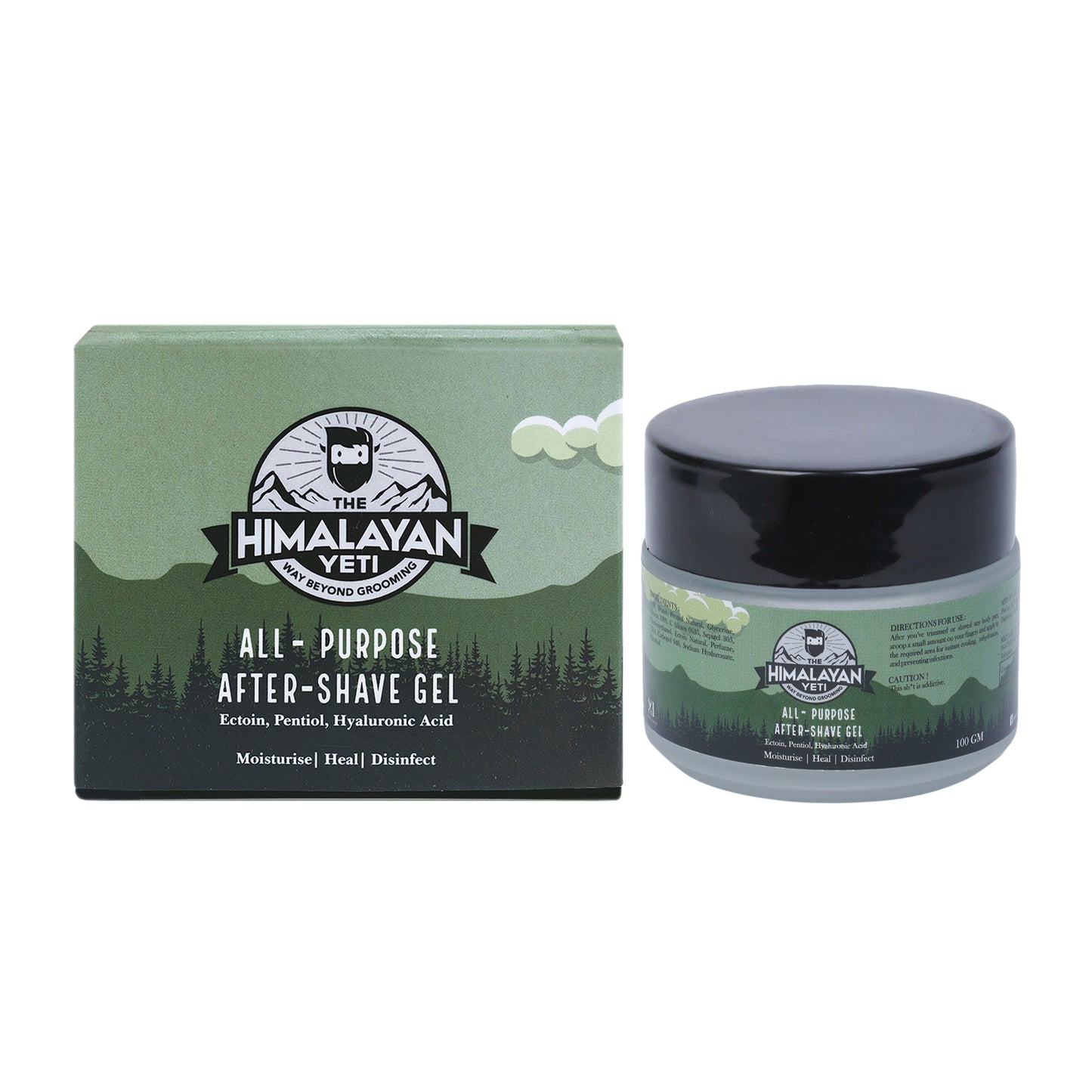
Healthy hair exudes vitality, confidence, and self-care, but achieving and maintaining it requires more than just a good shampoo and conditioner. You may get the vibrant, strong hair you want by knowing the structure of your hair and nourishing it from the inside out with the help of a wide range of techniques and strategies. In this comprehensive tutorial, we'll cover the fundamentals of proper hair care and reveal the methods for providing the greatest care possible.
Hair Structure and Growth Cycle
Before diving into hair care tips, it's essential to understand the basics of hair structure and growth. Each hair follicle goes through a continuous cycle of growth, transition, and rest, known as the hair growth cycle. Understanding this cycle can help you better care for your hair and address specific concerns, such as hair loss or thinning.
Hair is composed of three layers: the innermost medulla, the cortex in the middle, and the outermost cuticle. The cuticle is in charge of providing the hair shaft with gloss and protection. By nourishing and strengthening the cuticle, you can improve the overall health and appearance of your hair.
Nutritional Foundations for Healthy Hair
Just like the rest of your body, healthy hair depends on certain vital nutrients. Preventing problems like dryness, breakage, and dullness and encouraging healthy hair growth require a diet rich in vitamins, minerals, proteins, and healthy fats. Incorporate nutrient-dense foods such as fruits, vegetables, lean proteins, whole grains, and omega-3 fatty acids into your diet to support optimal hair health from within.
Key nutrients for healthy hair include:
A healthy diet plays a crucial role in maintaining optimal hair health and promoting strong, vibrant hair growth. To support your hair's vitality, it's important to include a variety of nutrient-rich foods in your daily meals.
Protein: Since protein makes up the majority of hair, eating enough of it is essential to preserving its strength and structure. Incorporate lean protein sources like fish, poultry, eggs, and lentils into your diet.
Vitamins: Vitamins like biotin (B7), vitamin A, vitamin C, and vitamin E play essential roles in promoting healthy hair growth, preventing hair loss, and maintaining scalp health. Incorporate foods rich in these vitamins, such as leafy greens, citrus fruits, carrots, nuts, and seeds, into your diet.
Minerals: To keep hair follicles healthy and Preventing hair loss, minerals like iron, zinc, and selenium are crucial. Eat a diet high in zinc-rich foods like oysters, pumpkin seeds, and whole grains, and high in iron-rich foods like red meat, chicken, beans, and spinach.

Hydration:
Proper hydration is Important for maintaining healthy hair and scalp. Dehydration can lead to dryness, brittleness, and breakage, so it's essential to drink an adequate amount of water each day to keep your hair hydrated from within. Incorporating hydrating elements like aloe vera, glycerin, and coconut oil along with moisturising hair care products will also help seal in moisture and maintain the lustrous, glossy look of your hair.
Protecting Your Hair from Heat Damage
Excessive heat styling can damage the hair cuticle, leading to dryness, breakage, and split ends. Reduce the amount of time you spend using hot products like curling irons, flat irons, and hair dryers. You should also always use a heat protectant spray or serum before styling to reduce heat damage. When it comes to heat styling, try to avoid using high heat settings and think about occasionally letting your hair air dry.
Gentle Handling: Minimizing Breakage and Damage
Because wet hair is more prone to breakage and damage, care must be taken when handling it, particularly when washing and styling. To gently remove knots and tangles, begin at the ends and work your way up to the roots with a wide-tooth comb or a detangling brush. Avoid vigorous rubbing or wringing when towel-drying your hair, as this can cause friction and breakage. Instead, gently squeeze out excess water and pat your hair dry with a soft towel or microfiber towel.
Selecting Hair Products That Are Correct for Your Hair Type
Selecting hair care products tailored to your hair type and concerns is essential for achieving optimal results. Whether you have dry, oily, curly, straight, fine, or thick hair, there are specific shampoos, conditioners, and styling products designed to address your unique needs. For men seeking quality hair care solutions, The Himalayan Yetis offers a range of premium haircare products specially formulated to nourish and maintain men's hair health. From Damage Repair Shampoo to Nutri-boost Hair Oil. The Himalayan Yetis' products cater to the distinctive requirements of men's hair, providing effective solutions for cleansing, moisturizing, and styling. By incorporating these specialized products into your grooming routine.

Scalp Health: The Foundation of Healthy Hair
A healthy scalp is the foundation for healthy hair growth. Regular scalp care, including gentle cleansing, exfoliation, and massage, can help remove product build-up, stimulate blood flow, and promote hair growth. Incorporate scalp-friendly ingredients like tea tree oil, peppermint, and salicylic acid into your hair care routine to maintain a clean, balanced scalp environment.
Stress Management for Healthy Hair and Scalp
Stress can take a toll on your hair and scalp, leading to issues like hair loss, dandruff, and scalp irritation. Practice stress-reducing techniques such as mindfulness, meditation, deep breathing, or yoga to help manage stress levels and promote overall well-being. Additionally, prioritize self-care activities that bring you joy and relaxation, whether it's taking a long bath, going for a walk in nature, or indulging in a hobby you love.

Avoiding Overprocessing: Chemicals and Treatments
Overprocessing your hair with chemicals and treatments can weaken the hair shaft, leading to damage, breakage, and loss of elasticity. Limit the use of harsh chemical treatments such as bleaching, perming, and straightening, and opt for gentler alternatives whenever possible.
Healthy hair is achievable with the right combination of care, nourishment, and protection. By understanding your hair's needs, adopting a balanced diet, using hydrating products, and minimizing heat styling and chemical treatments, you can maintain vibrant, strong locks that radiate vitality and confidence. Remember, healthy hair starts from within, so prioritize self-care and make conscious choices that support your hair's natural beauty and resilience.
Frequently Asked Questions:
1. How often should I trim my hair to maintain its health?
It's generally recommended to trim your hair every 6-8 weeks to remove split ends and prevent further damage. However, the frequency may vary depending on your hair type, length, and styling habits. If you notice excessive breakage or dryness, consider scheduling more frequent trims to keep your hair looking its best.
2. Can I repair damaged hair, or is it irreversible?
While you can't reverse damage to the hair shaft, you can improve the appearance and condition of damaged hair with proper care and treatment. Using The Himalayan Yeti's Damage Repair Shampoo formulated with nourishing ingredients can help strengthen and restore vitality to compromised hair.
3. How does stress affect hair?
High stress levels can contribute to hair loss and damage. Practicing stress management techniques such as meditation and deep breathing exercises can help maintain healthy hair.
4. How can I protect my hair from damage?
Limit heat styling, use heat protectant products, and opt for protective hairstyles like loose braids or buns. Regular trims prevent split ends, while minimizing chemical treatments helps maintain hair health.

